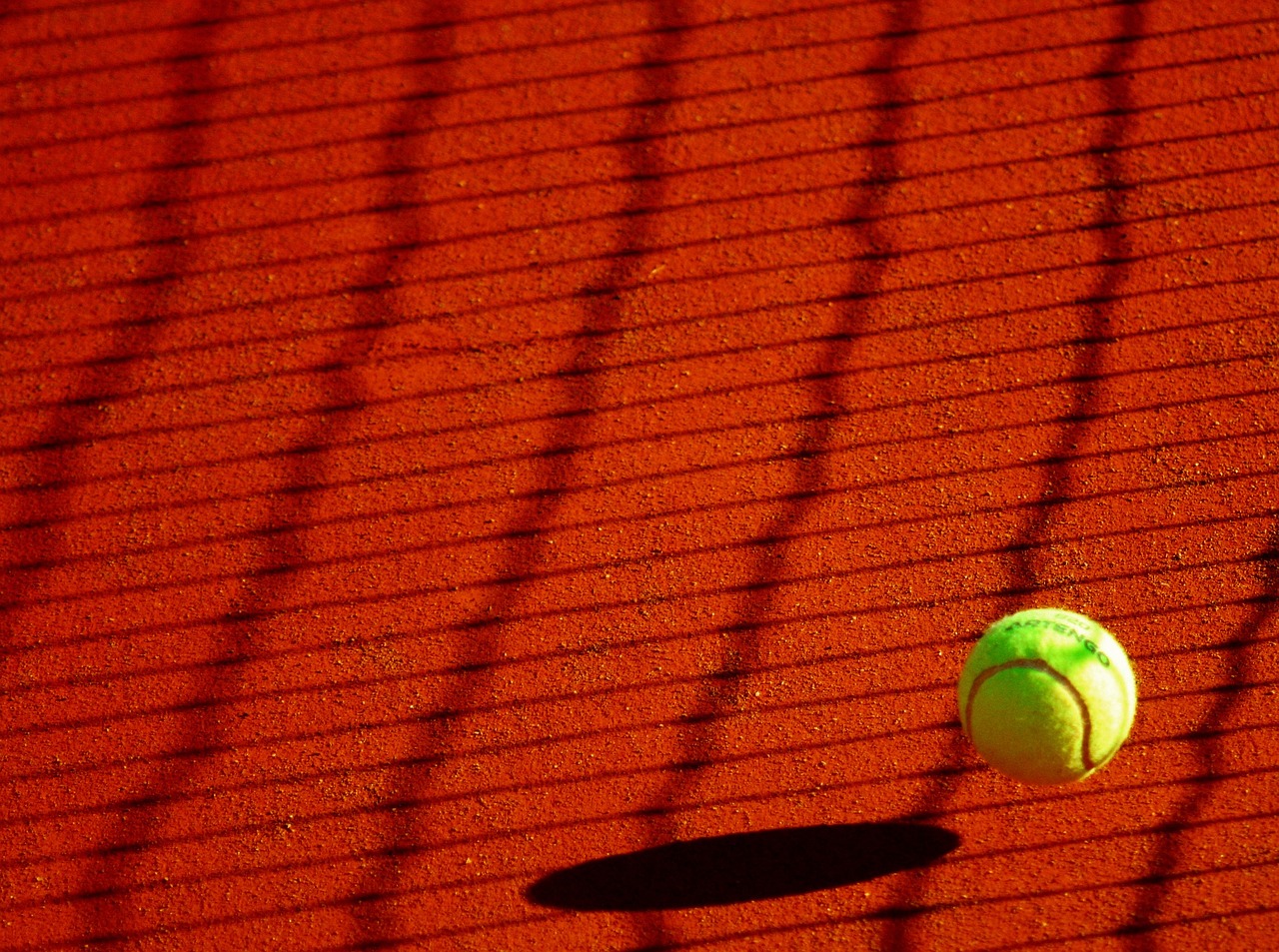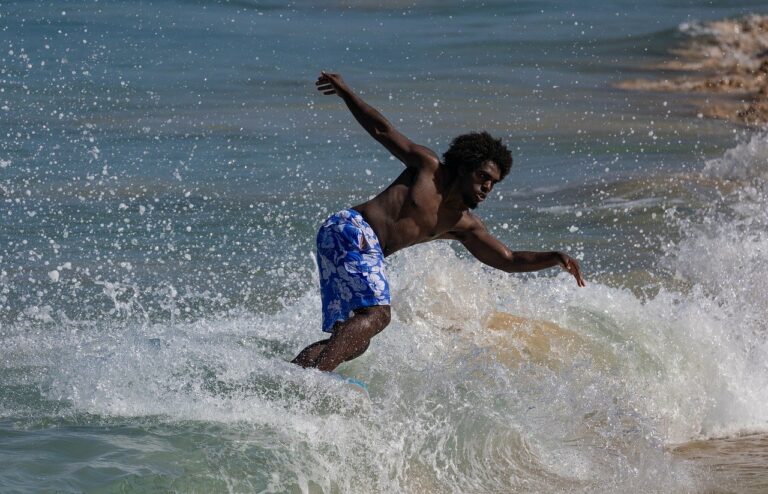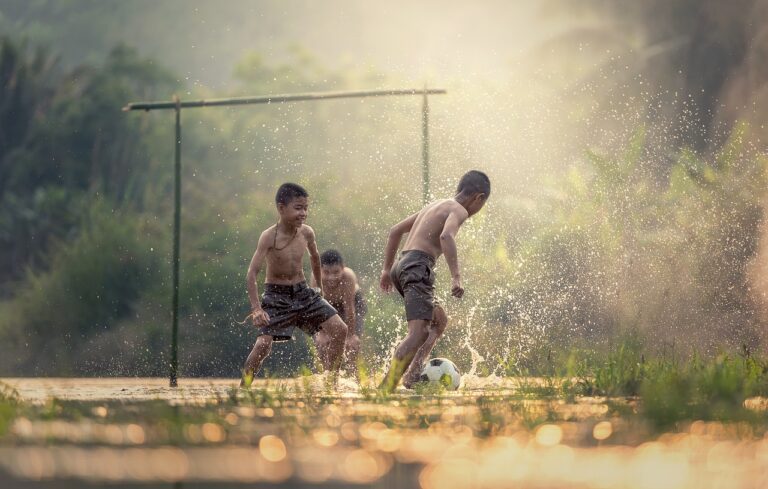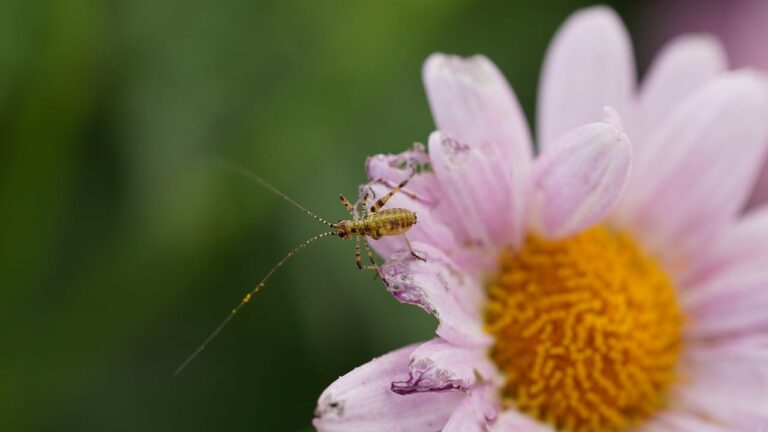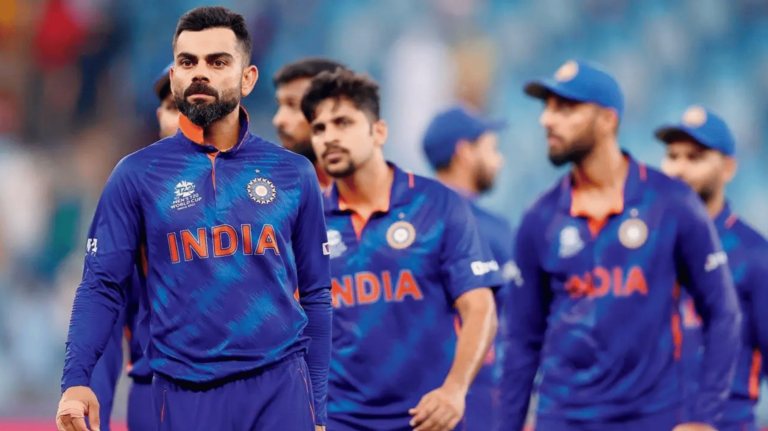The Role of Cricket in Indigenous Cultural Preservation
gold bet, tiger exch login, betbook250:Cricket is a sport that holds a special place in the hearts of many Indigenous communities around the world. For centuries, cricket has played a significant role in preserving and celebrating Indigenous cultures, traditions, and values. In this article, we will explore the vital role that cricket plays in Indigenous cultural preservation.
The Origins of Cricket in Indigenous Communities
Cricket was introduced to many Indigenous communities by colonial settlers in the 19th century. While the origins of cricket in Indigenous communities vary, the sport quickly became a means of bringing people together, fostering community spirit, and preserving traditional customs and beliefs.
In many Indigenous cultures, cricket is more than just a sport it is a symbol of identity and pride. Many communities have developed their unique style of play, incorporating traditional dance, music, and storytelling into the game. This fusion of sport and culture has helped keep Indigenous traditions alive and passed down from generation to generation.
Cricket as a Cultural Bridge
Cricket has also served as a powerful tool for building bridges between Indigenous and non-Indigenous communities. Through friendly matches, tournaments, and collaborative events, cricket has helped foster understanding, respect, and mutual appreciation between different cultures.
By participating in cricket, Indigenous communities have been able to share their rich heritage, stories, and traditions with the wider society. This exchange of cultural knowledge has led to greater awareness and appreciation of Indigenous cultures, helping to break down stereotypes and misconceptions.
The Role of Cricket in Indigenous Education
Cricket has also played a vital role in education and empowerment within Indigenous communities. Through sports programs, coaching clinics, and mentorship opportunities, cricket has provided pathways for young Indigenous people to develop leadership skills, resilience, and teamwork.
Many Indigenous cricket teams serve as role models and mentors for youth, inspiring them to pursue their dreams and achieve their full potential. By instilling a sense of pride, confidence, and resilience, cricket has empowered Indigenous youth to overcome challenges and embrace their cultural identity.
Preserving Traditional Knowledge and Practices
One of the most significant contributions of cricket to Indigenous cultural preservation is its role in safeguarding traditional knowledge and practices. Through the incorporation of cultural rituals, languages, and symbols into the game, cricket has helped preserve Indigenous customs and traditions that are at risk of being lost.
In many Indigenous communities, cricket matches are not just sporting events they are ceremonies that honor ancestral spirits, celebrate harvest festivals, and mark significant cultural milestones. By weaving these traditions into the fabric of the game, cricket has become a living testament to the resilience and vibrancy of Indigenous cultures.
FAQs
Q: How does cricket promote cultural diversity and inclusivity within Indigenous communities?
A: Cricket provides a platform for showcasing the diverse cultural heritage of Indigenous communities, promoting inclusivity, mutual respect, and understanding.
Q: What are some examples of Indigenous cricket tournaments or events that celebrate cultural preservation?
A: The National Indigenous Cricket Championships in Australia and the Maori Kriketi Tamaki Makaurau in New Zealand are two prominent examples of cricket events that celebrate Indigenous culture and heritage.
Q: How can non-Indigenous individuals support Indigenous cultural preservation through cricket?
A: Non-Indigenous individuals can support Indigenous cultural preservation by attending Indigenous cricket events, learning about Indigenous history and traditions, and showing respect for Indigenous customs and beliefs.
In conclusion, cricket plays a crucial role in Indigenous cultural preservation by honoring traditions, fostering connections, and empowering communities. As we continue to celebrate the rich cultural heritage of Indigenous peoples, let us recognize the power of cricket as a tool for preserving and sharing our collective history and identity.

